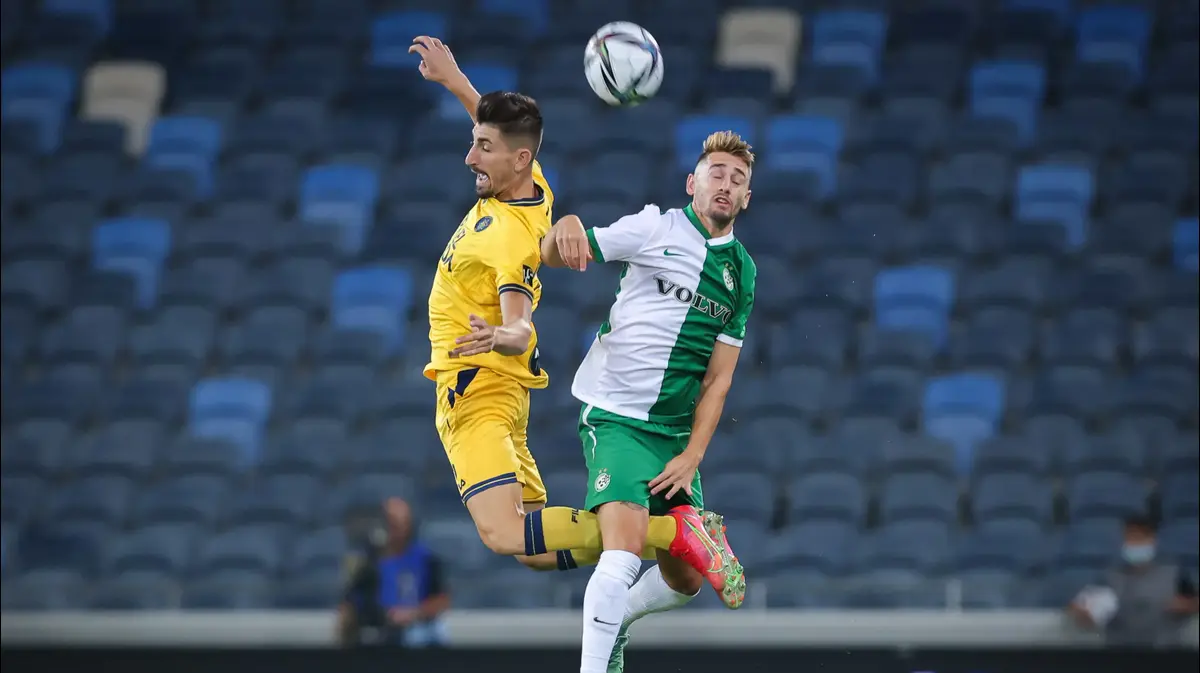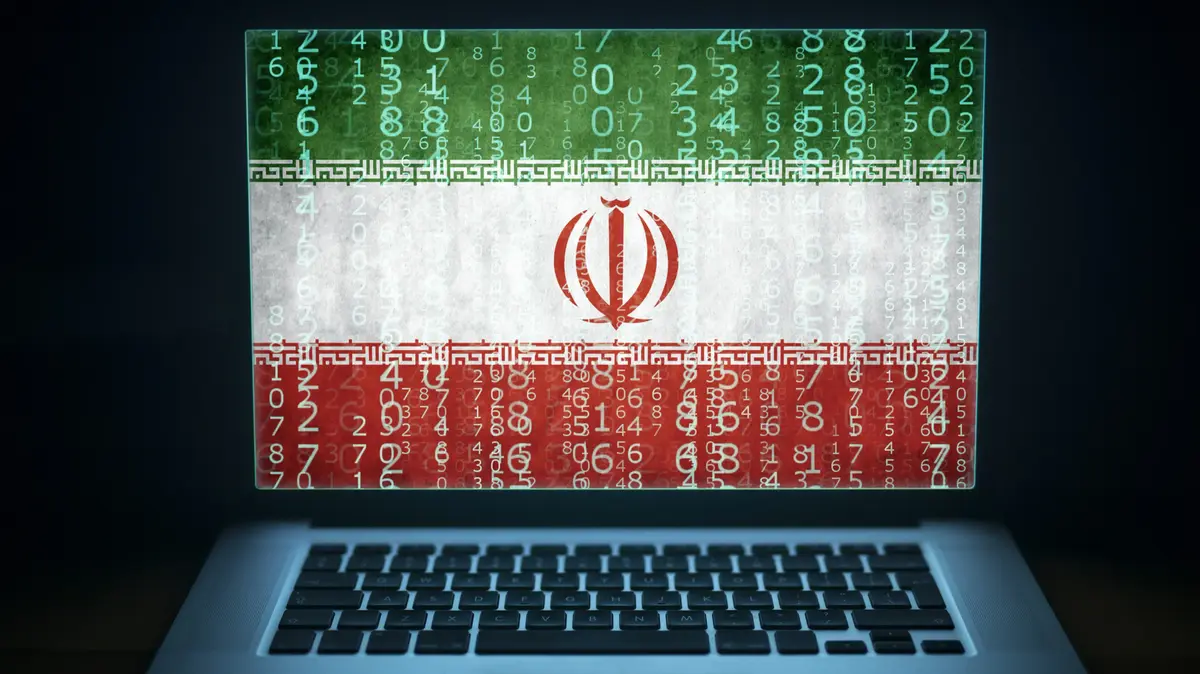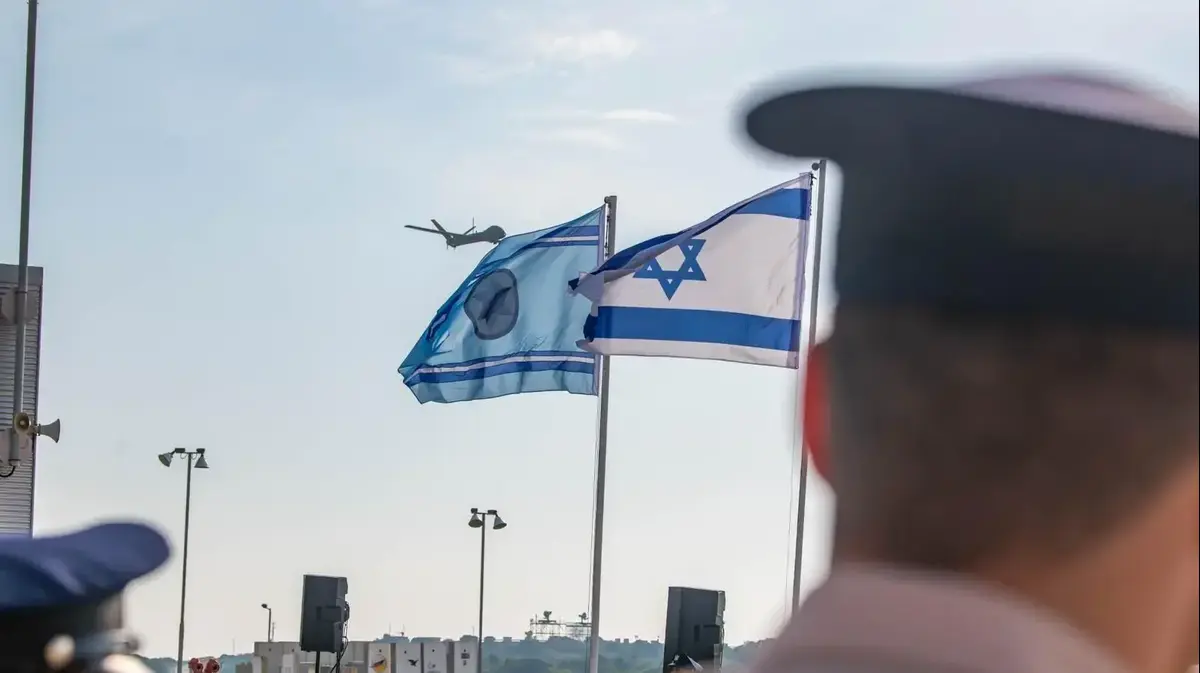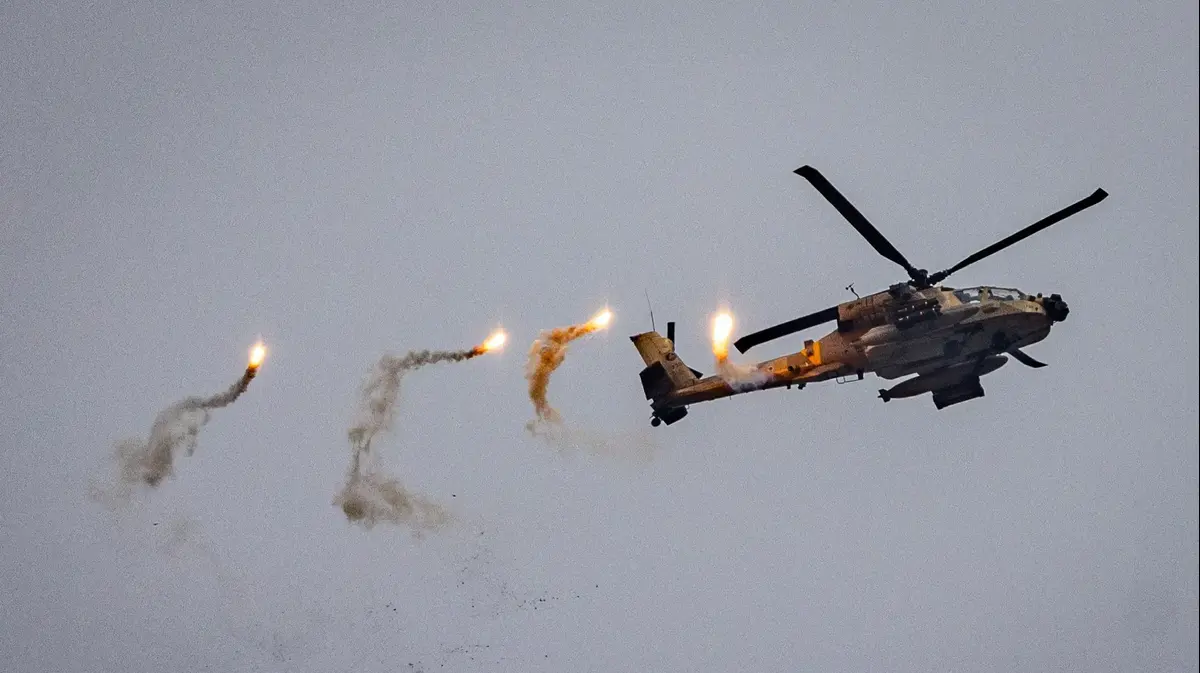On Rosh Hashanah last year, a closure was imposed on the people of Israel.
In the middle of the third round, the league was suspended for a month.
Then came a forced two-week break in January, reminding us that the corona was built on waves.
Therefore, what characterized the summary of the previous year will also characterize the summary of this year, in which the Corona starred again in Israeli sports, and especially in football.
If one can explain some of the success of the Israeli delegation to the Tokyo 2020 Olympics, in the fact that Israel was the first to get vaccinated and its athletes were given additional and critical preparation time - let's say - then in Israeli football the corona repercussions were even more far-reaching.
Maccabi Petah Tikva, Ashdod and Kiryat Shmona suddenly became top playoff teams (Photo: Liron Moldovan)
Until the crowd returned to the pitches, teams like MS Ashdod, Maccabi Petah Tikva and Kiryat Shmona became top playoff teams for everything, and clubs like Betar Jerusalem and Hapoel Tel Aviv competed at the bottom and even against the relegation. The teams tended to be weak regardless of the crowd, but there is nothing like a crowd to cancel out a quality advantage. For the season.
But it was not the crowd that decided the championship fight.
From last year until this Rosh Hashanah, the two biggest teams in Israeli football, Maccabi Haifa and Maccabi Tel Aviv, achieved the same number of points - 74. So how is it that Maccabi Haifa made such a list compared to Maccabi Tel Aviv?
All in mind.
Maccabi Tel Aviv made structural changes, both managerial and professional, while Maccabi Haifa made one change, opening the way for Barak Bachar.
Therefore, despite the equality between the teams, Maccabi Haifa won the first championship in 10 years, because the improvement in it was consistent and did not rely on momentum to change coaches or change the staff.
Unlike Maccabi Tel Aviv, its improvement was consistent.
Maccabi Haifa (Photo: Berni Ardov)
The entry of Maccabi Haifa back into the competition for titles that has been between Maccabi Tel Aviv and Hapoel Beer Sheva since 2014, is a refreshing change that this year has brought with it. First, three-way competition creates a lot of interest and brings in a significant audience. Second, the entry of another competitive factor is changing the transfer market. Maccabi Tel Aviv no longer puts its hand on the best players in the market, while Hapoel Beer Sheva, under the auspices of Alona Barkat's return to business, gives a fight in both markets as if they did not have two years of forced leave. Nikita Rokavica's late - year signing is a statement. True, most of its staff is older, but that will not stop it from being a factor in the championship fight, and that is exactly what Hapoel Beer Sheva and especially Maccabi Tel Aviv needed. Mitch Goldhaar maintains a consistent line - economically, professionally and educationally - but he too will have to refresh it in order to continue to control, after all, Israeli football. 5 championships in a decade is beautiful, but we already thought this road would lead to more.
In Israeli football, they manage to pick up titles whose staff consists of the small group of top players.
Maccabi Petah Tikva, with the youth team that won the championship, gave some beautiful performances, but finished outside the European Cup games and with another glorious exit to the collection.
The home players of Maccabi Tel Aviv will especially remember the refreshing performance of Betar Tel Aviv / Bat Yam that reached the semi-finals of the Cup.
Left only with the values.
Mitch Goldhaar with Dor Micha (Photo: Danny Maron)
In the case of Goldhaar, the decision drawn from the previous year should be sharpened and greatly influenced what was happening in Israeli football this year: the decision to fire Omar Atzili and Dor Micha from Maccabi Tel Aviv because of the "footballers and minors" affair. The forced Cypriot exile has sharpened the question of whether Israeli football is valued or cynical. Noble's return after half a season, and his influence on achieving the Haifa championship, shook the competition and the equation. Goldhaar was left with values, Shahar took the championship and Alona drew a line with him. It also spilled over to the team and of course sharpened another issue: Does the team, the presenter of Israeli football, do the right thing by giving a stage to players who are outside the public consensus, or should it ignore and concentrate on football?
The riots surrounding Operation The Guardian in May, and Mons Dabour's post, have made the question of loyalty a fundamental question, given the mass abandonment of some of the team's fans since the Arabs / Muslims became a significant and significant part of the squad, while not singing the anthem.
This year ended with the controversial team game in Haifa, and prominently flooded the problem created by the riots and the expression of the players around them.
The show against Austria further flooded the issue.
Mons Dabour (Photo: Bernie Ardov)
This year, too, which began with Corona, and after moving to a renowned European team, Eran Zehavi finished with 31 goals, 9 of them on the team (twice three goals), passing just before we dipped an apple in honey, over Mizrahi Alon and becoming the greatest Israeli conqueror of all time .
Zehavi leads a group of Israelis who have become legionaries on prestigious stages in European football. We have today a player in Serie A (and one in Serie B), a player in the Bundesliga, three players in Dutch and Belgian luxury teams, a player in a Ukrainian team that plays regularly in the Champions League, two players in a Scottish luxury team, and a captain in a Serbian luxury team. The national team has advanced in just the last 12 places in the world rankings, and is still ranked after countries like Jamaica, Syria, Northern Macedonia, Montenegro, Burkina Faso, and Northern Ireland.
Still, the fact that the team has managed to play in League B of the Nations League in the last year and not finish last (or relegate), losing only on penalties in a knockout game on a tough away field, and scoring two quartets in away games against seemingly sluts, says there is a threshold of progress.
The fact that a coach or a team of players will be judged on whether or not to go to a big tournament is fundamentally wrong, because the team did not go to a big tournament for more than 50 years, and even then it was the only time.
It will be important to look at things according to the progress graph, and it exists, whether you like Rotensteiner or not.
There is a progress graph.
Willy Rotensteiner (Photo: Bernie Ardov)
The previous year ended in a disgraceful loss of the young team in the Faroe Islands and this year ends with a beautiful victory of the young team in Hungary, from two shots as a result of elevations while moving from the wings - goals that Israel usually snatches.
It will not be fair to say that only the change of coaches, Nir Levin and Alon Hazan, created a new reality, but the fact that a foreign professional manager was brought to the young teams. With all due respect to the professionals in Israel, opening the market to foreign professionals (credit to Goldhaar) also improves the face of football, and also creates competition that makes Israeli professionals understand that they need to improve the use of technology, physiology, medicine, to improve their and their trainees's. The pitch.
We do not suddenly see Israeli teams rising to the European Championships in a storm, but there is a chance that even less good data will give European teams a fight, based on other features, and there were teams that will also qualify. Of Europe).
Whoever watched the young team game could not ignore the tactical layout, movement, correct use of personal technique, and also how a youth player from Italy, the end of Podgorano, improved so many elements in his game thanks to a year of training and play in a glorious academy like Rome, that he already seemed to land From another planet.
Improved so much thanks to one year at the Academy of Rome.
Podgorano End (Photo: GettyImages, Giuseppe Bellini)
For several years now, Israeli football has suffered from a very low image, the result of intrigue at the top of the activists, the progress of other industries, as well as exposure to social networks and a very shallow political discourse that spans all areas of life.
And yet, Israeli football is on the rise again. Not hysterical, not dramatic, but mild. This year has only sharpened it. And no, it's not because we got the vaccine first, but because football alone started getting vaccinated from everything around.









/cloudfront-eu-central-1.images.arcpublishing.com/prisa/S7UVDTX7DREC7DXVCZN6MEKGBY.jpg)




